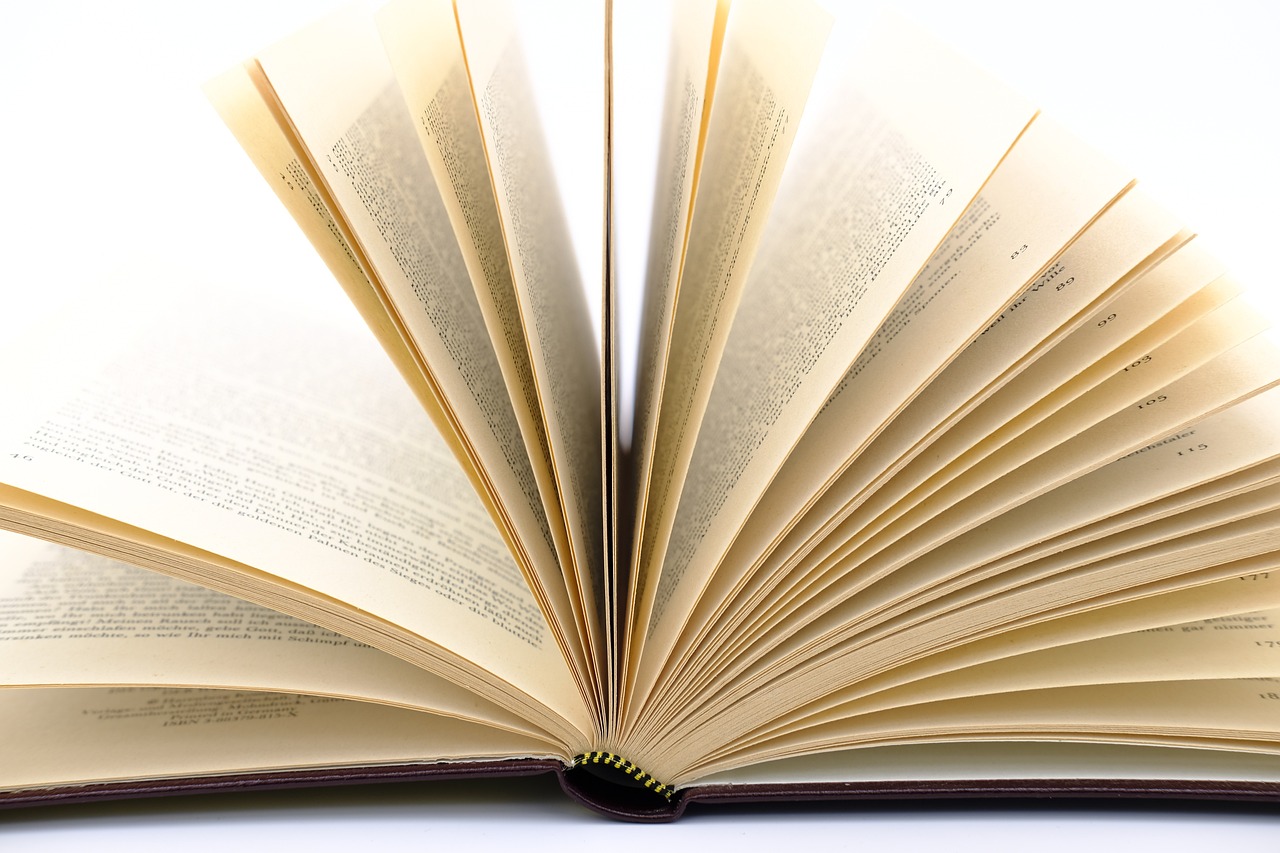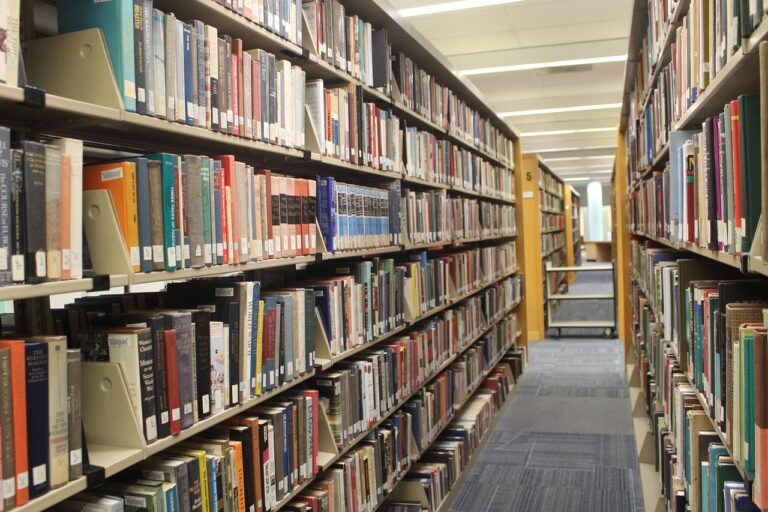The Role of Reflection in Assessment and Learning: Play 99 exch, Lotus bhai, Playexch
play 99 exch, lotus bhai, playexch: Reflection plays a crucial role in the assessment and learning process. It involves taking a step back and evaluating our experiences, actions, and outcomes to gain a deeper understanding and insight into our own learning and development. By engaging in reflective practices, students can enhance their learning experience, improve their critical thinking skills, and become more self-aware individuals.
The Role of Reflection in Assessment:
1. Enhances Critical Thinking Skills:
Reflection allows students to analyze and evaluate their own work, identifying strengths and weaknesses in their performance. This process helps in developing critical thinking skills by encouraging students to think deeply and critically about their own learning experiences.
2. Encourages Metacognition:
Reflection promotes metacognition, which is the awareness and understanding of one’s own thought processes. By reflecting on their learning experiences, students can gain a better understanding of how they learn best, what strategies work for them, and how they can improve their learning outcomes.
3. Promotes Self-awareness:
Reflection helps students become more self-aware individuals by encouraging them to explore their own thoughts, feelings, and actions. Through reflection, students can gain insight into their strengths, weaknesses, and areas for improvement, leading to personal growth and development.
4. Supports Self-regulation:
Reflection allows students to set goals, monitor their progress, and make necessary adjustments to their learning strategies. By reflecting on their performance and learning outcomes, students can develop self-regulation skills, which are essential for independent learning and academic success.
The Role of Reflection in Learning:
1. Deepens Understanding:
Reflection deepens understanding by helping students make connections between their learning experiences and theoretical concepts. By reflecting on their experiences, students can apply what they have learned in real-life situations, leading to a deeper understanding of the subject matter.
2. Encourages Lifelong Learning:
Reflection fosters a growth mindset and a desire for continuous learning. By reflecting on their learning experiences, students can identify areas for improvement, set goals for themselves, and take proactive steps to enhance their knowledge and skills throughout their lives.
3. Promotes Meaningful Learning:
Reflection promotes meaningful learning by encouraging students to make sense of their experiences and connect them to their personal goals and values. By reflecting on their learning journey, students can extract meaning from their experiences, leading to a more profound and impactful learning experience.
FAQs:
1. How can I incorporate reflection into my learning process?
You can incorporate reflection into your learning process by setting aside dedicated time for reflection, keeping a reflective journal, seeking feedback from others, and actively engaging in self-assessment activities.
2. What are the benefits of reflection in assessment?
Reflection in assessment helps students gain a deeper understanding of their own learning process, enhances critical thinking skills, promotes self-awareness, and encourages lifelong learning.
In conclusion, reflection plays a vital role in assessment and learning by enhancing critical thinking skills, promoting self-awareness, and encouraging meaningful learning experiences. By incorporating reflection into their learning process, students can achieve academic success, personal growth, and lifelong learning.







